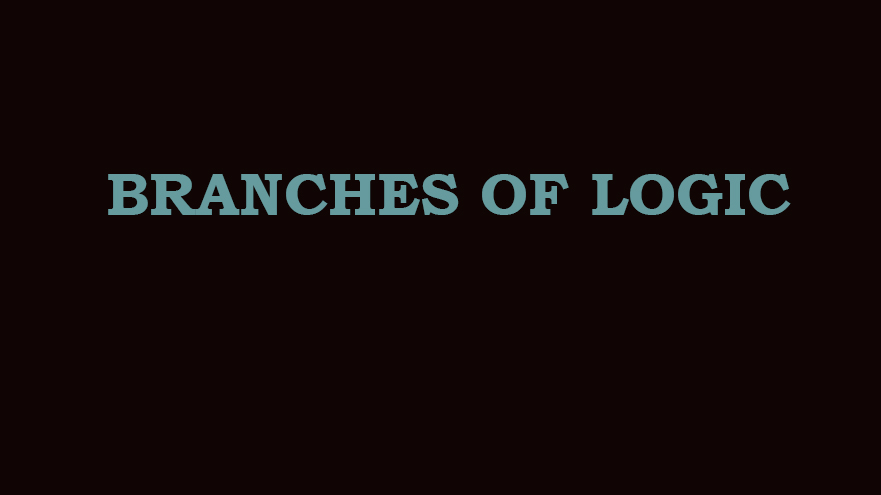
BRANCHES OF LOGIC
1. In a deductive logic conclusion necessarily follows from the premises, with certainty. In it the arguments reason from the general principle to the particular conclusion. The conclusion contains only the information which is already mentioned in the premises. E.g. All sinners need Christ. You are a sinner. So you need Christ. E.g. No man is infallible. Raju is a man. = Raju is not infallible.
2. Inductive logic reason from the particular observed facts to the general principle and the conclusion follows with varying degrees of probability, not with certainty. The conclusion contains information which has not been mentioned in the premises. Conclusion is inferred from the premises. E.g. Bible is historically accurate. It never contradicts itself. It does not contradict historical writings. It’s manuscript evidence is greater than any other ancient writings. Hence Bible is trustworthy. (Inductive logic does not use syllogisms. It can have evidences of any length).
3. Comparison of induction and deduction
Induction Deduction
From particular to general From general to particular
From effect to cause From cause to effect
A posteriori reasoning A priori reasoning
Scientific reasoning Philosophical reasoning
Probable conclusion Necessary conclusion
A posteriori is drawing conclusions only after looking to the experience. A priori is drawing conclusions before examining experience. The first response to an argument must be determining whether it inductive or deductive. (To know whether the conclusion follows with certainty or not).



